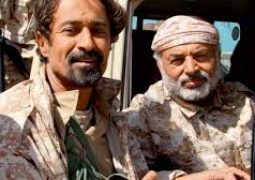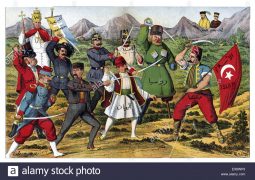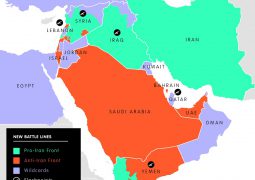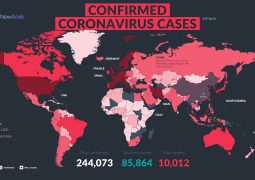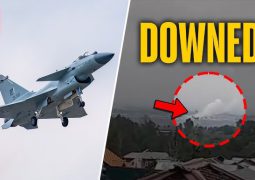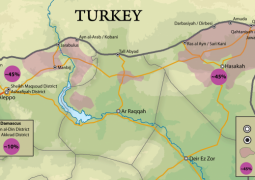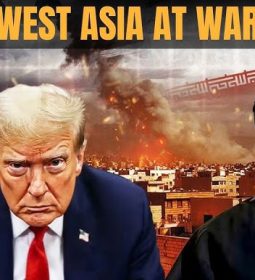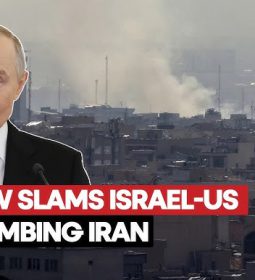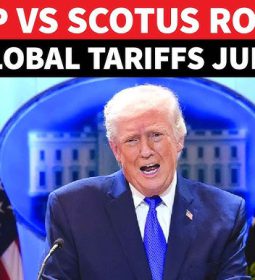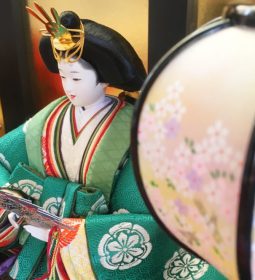On December 4th – Uzbeks To Go To Presidential Polls

The Central Election Commission of Uzbekistan established December 4th as a day when people of that country will be electing new head of state, the second president of the Republic of Uzbekistan. This decision came after the demise of the First President of Uzbekistan, Islam Karimov on September 2nd this year. The upcoming election will be the first kind of exercise after country gained Independence in September 1991. From the onset of independence till the last September President Islam Karimov has been continuously stewarding Uzbekistan through the period’s filled with many problems and challenges. All these events were taking place in a very difficult security environment in Central Asia, mostly emanating from over 3 decades long war in neighboring Afghanistan.
| Republic of Uzbekistan | |
| Capital: | Tashkent |
| Area: | 448,978 km2 |
| Population: | 31,576,400 |
| GDP per capita: | $5900 |
| Religion: | 95% Sunni Muslim |
The country went through the economic collapse in the early 1990s, associated with the disintegration of Soviet Union, deficit of food and energy, intervention of Islamist terrorists in 1999 and in 2000, ups and downs of world economy, global financial crisis and many more various challenges
Today, compared with the neighbors, Uzbekistan is doing much better. The country is self sufficient almost in every basic and strategic needs:
– Has the strongest military in the region;
– The integrated transport infrastructure, operating independently of its neighbors;
– The rapidly developing urban and rural economy;
– Has achieved self-sufficiency in food and energy.
With this self-confidence, earned through hard work, Uzbeks will vote in less than three weeks. There are four presidential hopefuls in this race:
– Nariman Urmarov, candidate from the Social-democratic party of Uzbekistan – Adolat (“Justice”);
– Khatamjon Ketmonov, candidate from the People’s Democratic party of Uzbekistan;
– Sarvar Otamuratov, candidate from the Democratic party of Uzbekistan «Milliy tiklanish» (“National Revival”);
– Shavkat Mirziyoyev, candidate from the Liberal-democratic party of Uzbekistan (UzLiDeP).
All the parties are represented in the Parliament of Uzbekistan and had their own fractions.
According to the local and international observers, the current Acting Head of State, Prime Minister of Uzbekistan since 2003, Shavkat Mirziyoyev commands support of absolute majority of population of Uzbekistan. In addition to his unmatched experience as the head of the second highest executive post in the country, he has been known to the wide populace for his style of leadership that has been insuring high effectiveness of work of the government ministries and agencies in implementing the vision for socio-economic and infrastructure development. Uzbekistan during last few years expanding its economic and export potential by tapping into its unmatched labor resources. It fact, with almost 32 million population, one can say that in this country today live almost half of entire population of all Central Asian states combined.

Another huge resource – agriculture. By producing over 16.9 million tones of fruits, vegetables, melons and grapes, today Uzbekistan produces more of this products than all former Soviet Union republics combined
Since being appointed by the Joint Session of Uzbek Parliament as the Acting Head of State on September 8th 2016, he initiated number of changes and reforms that received wide support of population of Uzbekistan. Among them – scale reconstruction urban infrastructure and housing construction in the Uzbek capital – Tashkent, city of 3 million populations, including the building lines of subways and skytrains; liberalization of business environment, including lowering taxes for small and medium companies.
As analysts predict, Uzbeks, who has ancient tradition of statehood, will successfully pass this test – election of the second head of state after gaining Independence 25 years ago.
In foreign policy, Uzbekistan will ensure continuity and stability in relations with its key international and regional partners. Among priorities – fostering more close cooperation with neighbors, further developing mutually beneficial cooperation with China, Russia, USA, Japan, Korea, as well as other states, particularly members of the Organization of Islamic Cooperation.
This October Tashkent successfully hosted 43rd session of the Council of Foreign Ministers of the Organization of Islamic Cooperation.
In this regard, cooperation of Uzbekistan with Malaysia, as well as with Indonesia, Singapore, Vietnam and Thailand have very good prospects. Since establishment of diplomatic relations with Malaysia and other ASEAN member countries, cooperation of Uzbekistan with the member-states of Association of South-East Asian Nations has been continuously growing and expanding for the benefit every party.
One should know that Malaysia has been serving as a bridge for expansion of Uzbekistan cooperation with ASEAN countries. Since establishment of diplomatic relations in 1992, cooperation of Tashkent with Kuala Lumpur, Jakarta, Singapore, Hanoi and Bangkok in political, economic and humanitarian areas has been growing rapidly.
One example: the volume of trade and economic cooperation it 2015 between Malaysia and Uzbekistan stood up at over $103.9 million, the biggest figure of Uzbek trade with any ASEAN member country. And vice-versa, today Uzbekistan is the biggest trade partner of our country among all Central Asian countries. The embassy of our country in Uzbekistan represents Malaysian political and economic interests in Tajikistan and Kyrgyzstan as well.
According to the vice-president of Asian Strategy and Leadership Institute Max Say, we have perfect opportunity, to facilitate cooperation of and serve as a bridge for ASEAN market for Uzbekistan and other Central Asian states to ASEAN market. Expert considers that current level of trade and cooperation in other fields do not reflect existing potential of Uzbekistan and ASEAN countries. As Malaysian expert says, there are a lot of untapped resources to expand cooperation, first of all in the sphere of trade and investments for the benefit of every one.
- Previous Presidential Elections of 2016 – Time of Historic Choice and Transformation for Uzbekistan
- Next Japan seeks to keep pressure on NKorea over abductions





